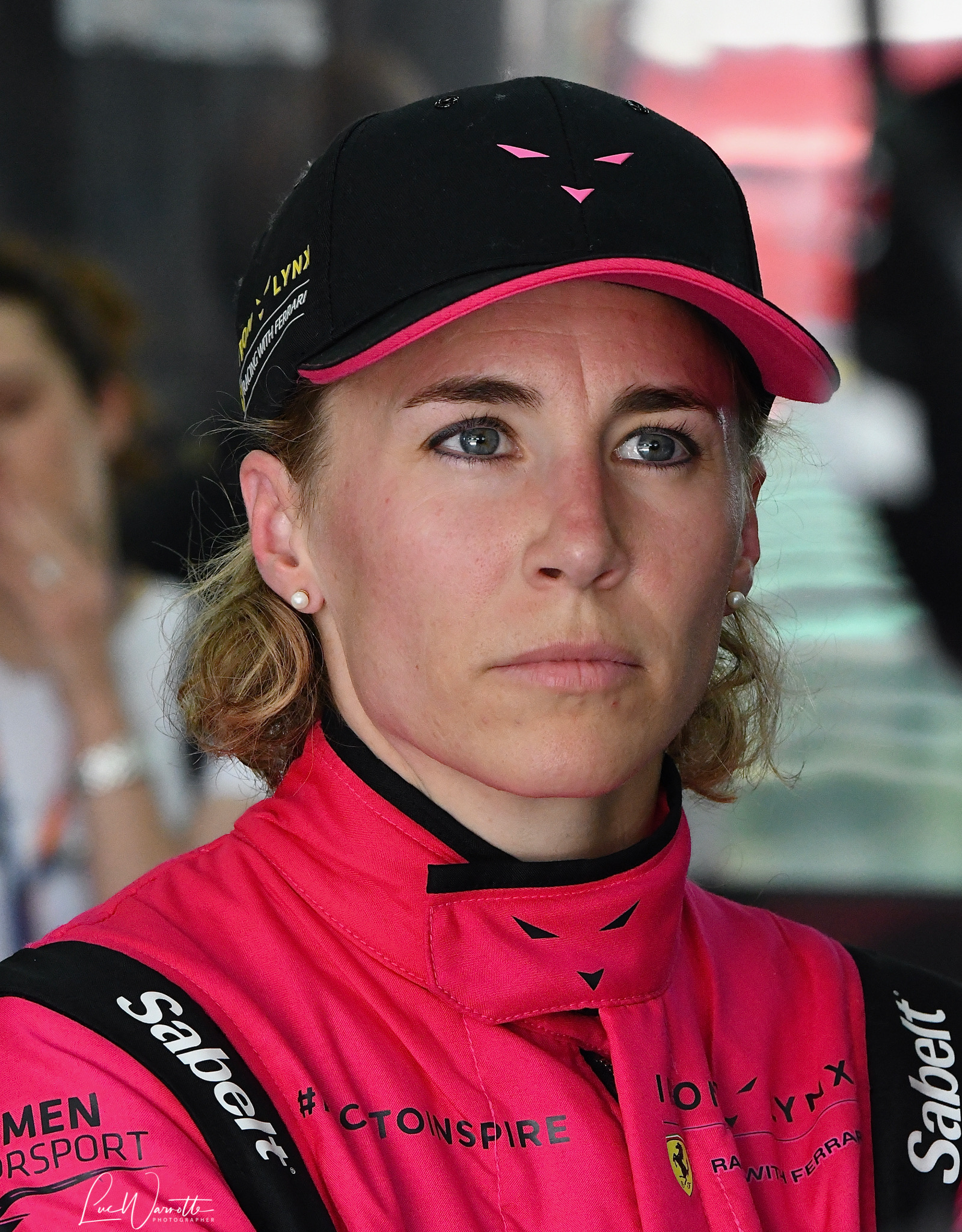Rahel Frey story and ambitions at Le Mans
CRR: Your experience with the 24 Hours of Le Mans started in 2010 with a Ford GT prepared by Matech Compétition. How did you manage to be part of the line-up?
Rahel Frey: Look, it was at a stage where I was still in Formula 3 but I didn’t really have the money. I did four races and then I ran out of money. Mama was happy and asked to stop racing and learn something. I thought NO NO, this can’t be the end! For me it was not done yet, so I called every team, looking for possibilities. For whatever reason, that project came up. I called Matech Compétition knowing they had two female drivers, and convinced them I was the third one. They accepted to run a test, which was immediately a good one.
📷 © Luc Warnotte @ 4 Hours of Imola 2022
Now, to be honest, that Le Man's experience was one of the worst ever. I’m not proud of that. The car was very new, we didn’t really have spare parts, we didn’t have test possibilities, we went blind to Le Mans. It was with Cyndie Allemann and Natacha Gachnang, we were young, we didn’t understand the spirit of endurance races, of sharing the car. Everyone was so jealous about who gets the new tires, who can drive more laps. It was a crazy competition. It could not go well! It was the most complicated week in racing so far and in the end it ended badly, as the car took fire after only three hours in the race. No doubt it was an experience, even if not a good one.
For me it was critical: either you leave motorsport or you try to find something. It was too clear I could not stop racing.
CRR: You ended 9th in 2019, 2020 and 2021. It looks like you are subscribed to the 9th position?
Rahel Frey: NO, I won’t accept it. Definitively I don’t accept it.
📷 © Luc Warnotte @ 4 Hours of Silverstone 2019.
In 2019, our target was to finish the race. We (Iron Dames) were mega happy with the 9th place. We finished the race without any mistake.
In 2020, considering we knew each other, we wanted to do better than 9th. Once again, we didn’t make any mistakes but performance was somehow missing. We were simply too slow. We finished 9th again.
Last year we had very high expectations. We had the performance, we were fast, we had a good line-up and the aim was to end in the top 5. I strongly believe it would have been possible as our teammates finished fourth but luck was not on our side.
I had a puncture early in the race, then we had a suspension failure, a second puncture … Just everything went wrong. But we finished 9th. It was hard to believe we did three times 9th in a row.
Now we go back to Le Mans. It is already the fourth year, which is very impressive. We clearly say “we can do better and we will do better”. We are strong, we have a good line-up again, we have demonstrated performance. We dream of a podium finish. We would accept a top 5, definitively better than 9th. That is very clear!
The competition is high. The last three years we had no rain, just one hour at the start last year and that was it. Let us see what Le Mans brings us this year.
CRR: What is the toughest in the 24 Hours of Le Mans?
Rahel Frey: Team communication, not making mistakes is key. The most difficult part of a 24 hours race is between 2 and 4 in the morning when everyone starts to be tired, the night is still not finished, we are close to halfway... One struggles with motivation spirit when everyone is tired. At that stage, you have to keep focus, you have to know what you work for and go for it. Due to my experience so far it is always my time. But again, team communication and making no mistakes like track limits, which is easily done, no mistake during pit stops, the mechanics have to know the procedure, everyone has to know the rule very well.
Team communication is essential, especially when we have mixed conditions. At one stage last year, we had to make a decision: do we have to change to intermediates, do we change directly to slicks, it is on us to give perfect feedback, to be very clear, not to be stressed, no hesitation. We have to be leaders. If we lead our team, the rest will follow.
CRR: When you have a young driver like Sarah Bovy who is less experienced, do you help her in this communication process if weather conditions change when she is in the car?
Rahel Frey: First of all Sarah is 33 years old and has quite some experience. She ran the 24 Hours of Spa six times in a GT3 car. We speak about the procedures, we also try to support her when she doesn’t feel comfortable taking a rain stint, we decide all together what is the best for everyone. When you don’t feel comfortable with a situation you just say it and then we find a solution together. That is the most important in endurance races.
CRR: So you have no time to sleep because you must be ready every time.
Rahel Frey: We don’t sleep much definitively but a half-hour nap is already enough. Just to close the eyes, settle down a little bit, drink something, eat a bit, and then you go again. The body can handle it. That is what I have done. If you sleep too long then you get into a different kind of feeling and it becomes more difficult to be in the rhythm again.
CRR: Speaking about 24 hours, you have done Spa, Le Mans, Nürburgring. What about Daytona?
Rahel Frey: I have done Daytona in 2019 on a Lamborghini GT3 with Katherine Legge, Christina Nielsen and Tatiana Calderon. Unfortunately, after eight hours, the car took fire and we had to DNF.
Racing in America is still on my bucket list. I would love to go back to the States and race there. Luckily, this year we went back to Sebring with WEC which was an amazing experience. It was a very good race for us. Yes, Daytona is definitively on the bucket list. I would love to go back again.
Stay tuned for the next part of Rahel’s interview about the start of her career as a professional driver (part 2/3) and her role with the Iron Dame project (part 3/3).








